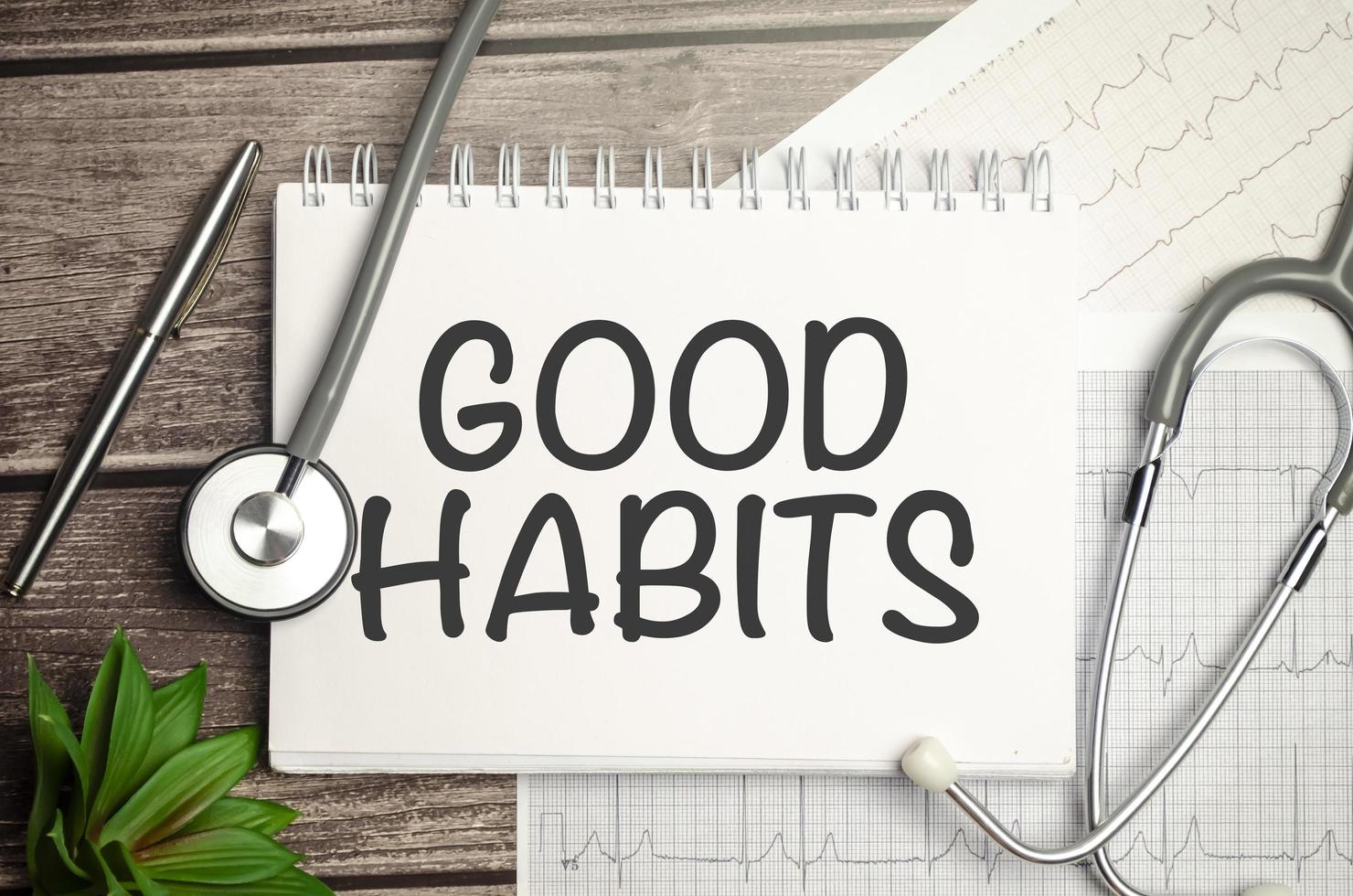The path to sobriety is an ongoing process that requires dedication, self-awareness, and the right support system. Everyone’s journey looks a little different, but there are common phases that most people experience along the way. From those first days of clarity to rebuilding a life that feels fulfilling without substances, sobriety is more than just quitting—it’s about rediscovering who you are and finding healthier ways to navigate life’s challenges.
The Beginning: The Wake-Up Call
For many, the road to sobriety starts with that wake-up call—the moment when the consequences of addiction are undeniable. Whether it’s an emotional low, a health scare, or simply feeling exhausted from the cycle, this is the spark that pushes someone to seek change. But wanting to stop is just the beginning. The real work starts when you realize that quitting requires more than just willpower; it demands a commitment to confronting the reasons behind your substance use.
Once you’ve decided that sobriety is the goal, the first hurdle is getting through the early days. This is where professional help becomes invaluable, especially when you realize detox is the first step. Detoxing from drugs or alcohol is physically and emotionally taxing, but it’s necessary to purge the body of toxins before real recovery can begin. Medical supervision often makes this step safer and more manageable.
Early Sobriety: Building a Support Network
Once detox is behind you, the real work of early sobriety kicks in. This phase is often marked by intense cravings, mood swings, and the overwhelming desire to return to old habits. But it’s also where a support network can make all the difference. The temptation to isolate yourself during this time is strong, but sobriety is rarely achieved in solitude.
Many find solace in connecting with others who understand the struggle. Whether it’s through therapy, group meetings, or sober social events, these relationships serve as a reminder that you’re not alone. This phase is all about learning new tools to cope with the emotional triggers that are used to send you reaching for a bottle or substance. Cravings are real, but so is the ability to resist them.
During this time, establishing healthy routines and positive habits is key. From fitness routines to meditation, filling your day with activities that boost your mental and physical health can be life-changing. Finding purpose and joy in these small victories builds momentum and reinforces the belief that life is better sober.
Middle Sobriety: Reconnecting with Yourself
Once the initial fog of early sobriety lifts, you enter a phase of self-discovery. This is the time to reconnect with the person you were before addiction took over. It can feel strange at first—almost like meeting a new version of yourself. The things you used to love might be different now, and that’s okay.
This stage is often marked by a need to make amends. Whether it’s reaching out to loved ones you’ve hurt or repairing relationships damaged by addiction, this is a time for healing. It’s not about getting forgiveness but about taking responsibility for the past and moving forward with honesty. It can feel heavy, but it’s a critical step in rebuilding trust with yourself and others.
As you settle into this new lifestyle, you may notice that your mental health is stabilizing. Anxiety and depression may lessen as the body and brain continue to heal from the effects of substance abuse. This phase is where many begin to feel the true benefits of sobriety—clear thinking, more energy, and a renewed sense of hope.
Long-Term Sobriety: Creating a Life That Fits
Reaching long-term sobriety doesn’t mean the journey is over. It simply means that you’ve found a new rhythm. Maintaining this balance requires constant attention to your mental, physical, and emotional well-being. Some people say that the urge to use never fully disappears, but it becomes manageable as you continue to build a life that fits who you are now.
At this point, many start to explore new hobbies, interests, and goals that were once sidelined by addiction. Whether it’s a new career, artistic expression, or a healthier relationship, long-term sobriety is about building a future that aligns with your values. The further you get from your days of substance use, the easier it becomes to see that a sober life is not just possible; it’s desirable.
But the reality is there are still challenges. Stressful situations, loss, or even moments of boredom can trigger old thought patterns. That’s why staying connected to a support system is vital. Regular check-ins with a therapist or counselor, attending group meetings, and staying engaged in sober communities help to keep you grounded. The beauty of long-term sobriety is realizing that you have the strength and the tools to face life’s ups and downs without turning to substances.
The Power of Sober Living: Community and Accountability
Arguably, the most transformative part of the sobriety journey is the realization that recovery is a lifelong process. It’s about more than just staying away from drugs or alcohol—it’s about creating a life filled with purpose and joy. And for many, this next step involves a strong sense of community.
Sober living homes provide a unique environment where people can continue their recovery while surrounded by others who are on the same journey. These spaces are more than just a place to stay—they’re about accountability and support. Having that shared experience with others who know the struggle firsthand can make all the difference in long-term recovery.
Whether that’s sober living homes in Rancho Cucamonga, Boston, or anywhere in between, these homes are crucial. They offer a structure that fosters independence while ensuring you’re still surrounded by those who can help if times get tough. The daily routines, shared experiences, and a strong sense of camaraderie in these homes can be the perfect launchpad for a lifelong commitment to sobriety.
As you progress in your journey, the confidence you gain from sobriety becomes a powerful tool. Every day you stay sober is another day of clarity, growth, and opportunity. Sobriety doesn’t just restore your health—it opens doors to new possibilities, new friendships, and a new perspective on what it means to live fully.
The Journey Is Ongoing
Sobriety is not about perfection—it’s about progress. The path to recovery is filled with milestones, challenges, and victories. From detox to long-term sobriety and beyond, the journey doesn’t end after a set number of days. It continues as you navigate life with new tools, fresh perspectives, and the unwavering belief that a sober life is a better life.
Whether you’re just starting or have been sober for years, the lessons learned along the way stay with you, helping you navigate whatever life throws at you. It’s a journey worth taking.
Keep an eye for more latest news & updates on Internal Insider!










